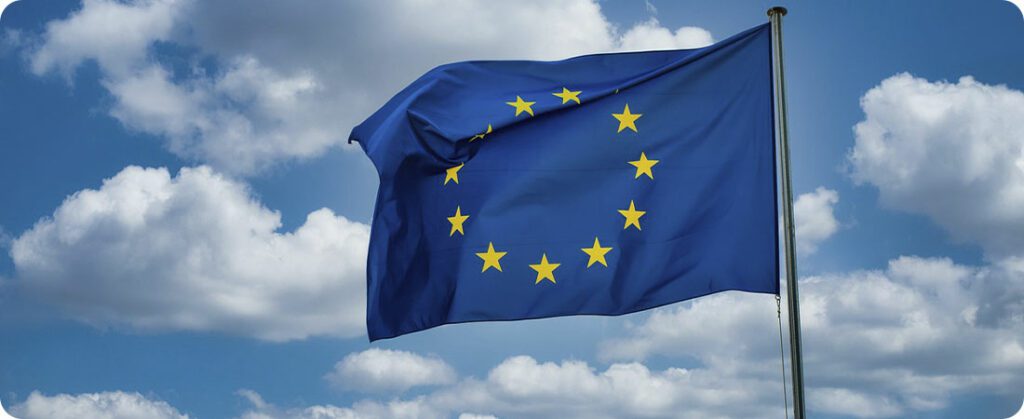
During the meeting of the Agriculture Committee of the World Trade Organization (WTO), the European Union reiterated that it will not postpone the implementation of the anti-deforestation law, officially known as EUDR (European Union Deforestation Regulation), even under pressure from agricultural exporting countries, such as Brazil.
The EUDR is scheduled to come into force from 30 December 2024 and imposes restrictions on European market access for products such as beef, soybeans, coffee, Palm oil, wood and cocoa, originating from areas deforested after 2020.
Brazilian investors have expressed concern, fearing that the measure could have a significant impact on foreign trade. Since 30% of Brazilian exports to the European bloc include these products, the new restrictions could severely affect the market from 2025 onwards.
Despite criticism from exporting countries, the European Union has firmly defended the implementation of the legislation. Furthermore, according to the bloc, the main objective of the law is clearly to combat climate change and biodiversity loss, with a focus on deforestation linked to European consumption. Furthermore, geolocation traceability will be one of the fundamental requirements to ensure that exported products are not linked to deforested areas.
The European Union, on the other hand, has stressed that the new legislation does not constitute a “trade ban”. Traceability criteria will be required for both imports and exports within the bloc. The European bloc’s justification is that strict forest management standards are essential to prevent circumvention of requirements in complex supply chains.
Source: datagro














